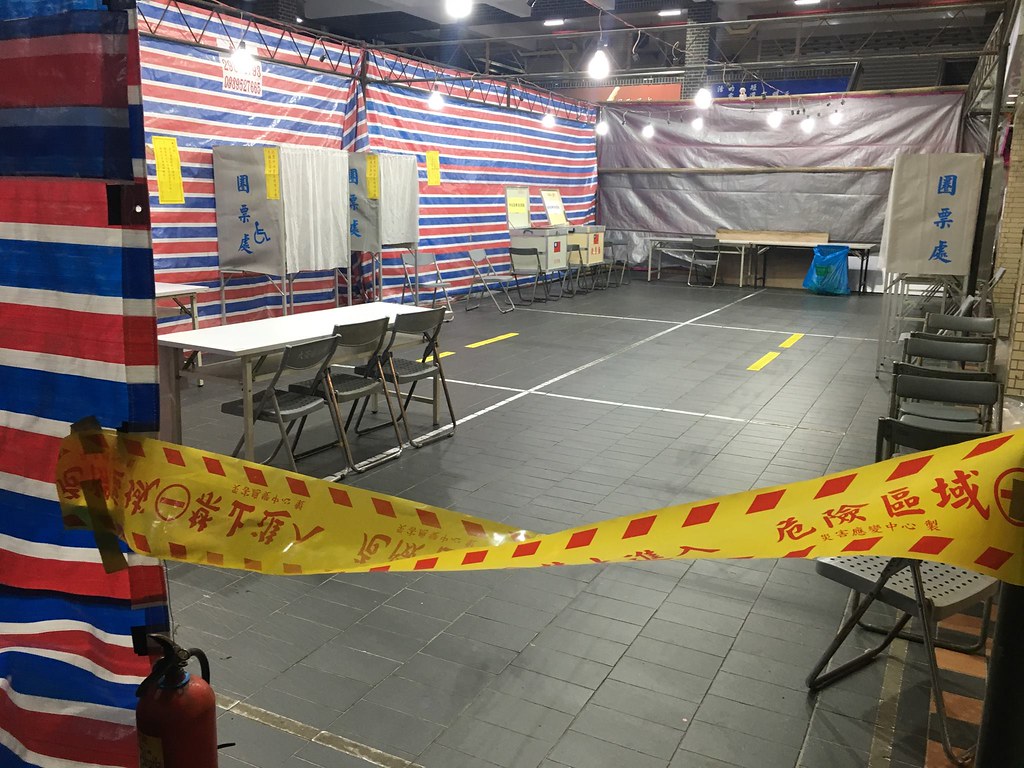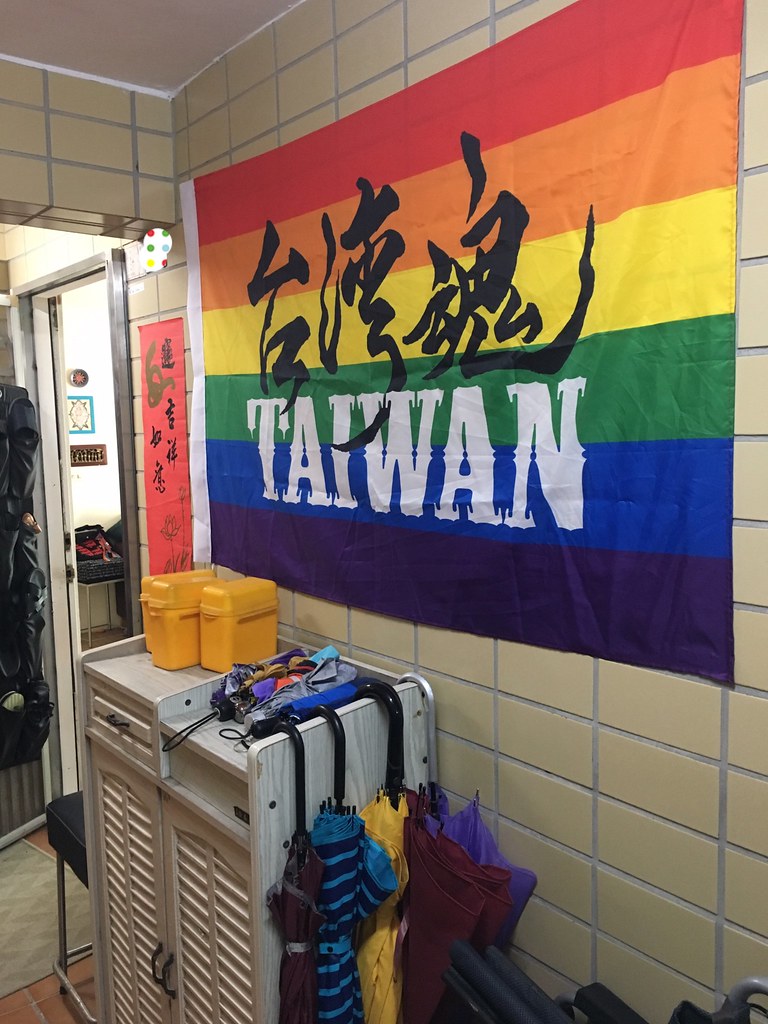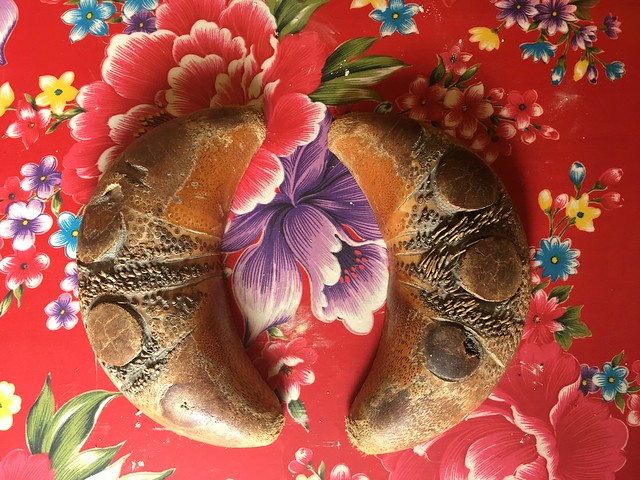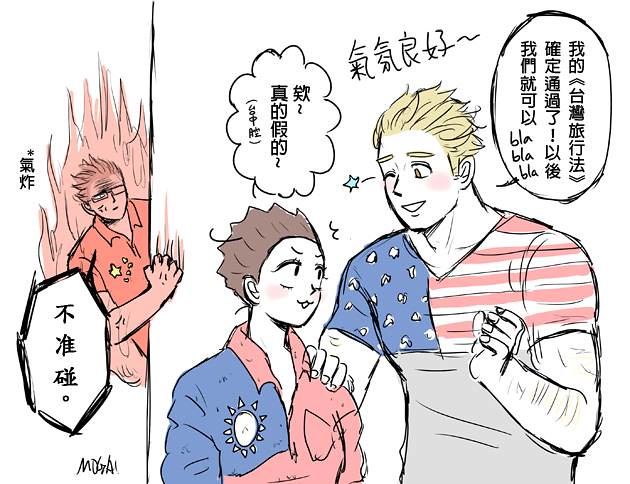
Spend any time around nerdy academic/historian types (or just socially aware people) and you'll eventually end up in a discussion about dominant narratives. A dominant narrative is basically the I-sound-like-smart-people way of describing the old "history is written by the winners" trope; the stories of those whose experiences don't align with the dominant narrative are "counter-narratives", as they're marginalized from the dominant narrative. (If you're already familiar with what this means, you can skip/skim the next few paragraphs).
These people may, in fact, be a majority of people spread across a variety of groups who aren't "the winners" in history. Considering, for example, that women's experiences are often not accounted for by the dominant narrative of most cultures, nor are those of people of color (or not in the ethnic majority), LGBT+ people and more, it's hard to argue that the "dominant narrative" is the one experienced by the most people; rather, it's the one experienced by the most privileged people.
Or, to give a real life example, in school in the US I learned the dominant narrative of American history. That history was dotted with august men who did brave things and propelled mind-blowing scientific and social advancements. Then, we evolved as a society and began talking about all the women whose contributions had been left out of this story: for instance, if you listen to the dominant narrative on the history of computer science, you'd think the whole field was developed by men, with the first technological advancements in the field by men, and the first coding done by men. That is far from true, however.
Then women's history became a thing, but it was mostly white women's history, so there was a lot of discussion about women not having access to work opportunities or even being "allowed" to work for pay. Of course, that left out women of color and working-class women, who had consistently earned money through labor...and it goes on.
And of course, it's not that the dominant narrative is totally wrong; it's just told as the whole story, when in fact it's simply one facet of the story. It's a cut in the diamond; not the whole damn stone.
I'm probably already losing a few readers here, and that's fine. If you're all "ugh but LOBSTERS" or some nonsense at this point, then do yourselves a favor and go. I won't notice. I'm not aiming this at you.
So, what does this have to do with China and Taiwan? Quick-thinking readers surely see where I'm going with this.
Liberal thinkers in many countries have done a fantastic job of pointing out and attempting to rectify the grip on historical interpretation that the old dominant narratives had. They'll readily point out that this or that telling of our collective cultural tale isn't including enough marginalized narratives.
But then they look across to the ocean at Asia and it's like all of that complex critical thinking just goes out the window; where we were discussing a beautifully-cut diamond with near-countless facets in our own culture, we're back to "it's a rock!" when discussing the other side of the world.
It's the result of a good-faith effort not to look at the world through a white/Western lens, and elevate narratives that are not white or Western, but it does exactly the thing that these same people warn against doing in their own cultures: it centers only the dominant narrative in this part of Asia, and marginalizes every other one. In other words, when de-centering Whiteness and choosing a different narrative, they again reach for the most dominant non-white narrative and there's a battle fought anew to argue for the inclusion of everything that is marginalized as a result of that choice.
And because it's big and populous and powerful (by powerful I mean "it has a lot of money"), that dominant narrative is China's.
Or rather, not even China's - it's the Communist Party of China (CCP) narrative. It's the wealthy straight cis male Chinese narrative. It's the Han narrative (oh, you thought only white people could be ethno-cultural chauvinists who try to erase the counter-narratives of others or pound them into submission as 'colorful' but ultimately obedient 'minority' 'ethnic' groups? You're wrong.)
Don't believe me? Okay, why is it that China relaxing its One Child Policy made the international news but nobody's talking about how the CCP still treats women's bodies as property of the state? Why does Taiwan's path to marriage equality make the international news, but no major Western media outlets seem to link it explicitly to Taiwan's cultural distinctness from China (which is nowhere near any sort of same-sex partnership)? Why do so many Westerners seem to think Chinese culture is so "traditionally" anti-gay when that's just not the whole story? I could go on.
So, when the question turns to Taiwan, that same prioritizing of the CCP/Han dominant narrative gets repeated by well-meaning Western liberals.
The results are devastating. That same quicksilver liberal who could tear apart the way you looked at the world by pointing out every marginalized narrative in her own culture devolves into insisting - often loudly, even stupidly - on pre-fab garbage like "but Taiwan is China because their official name is the Republic of China!" or "but the Taiwanese are Chinese because historically they come from the same culture and heritage and they have the same history!" or "I don't think Taiwanese independence is a good idea because we need more unity in the world and less nationalism!" or "how can Taiwan be a country when it's not in the UN?"
Or - and this is the most insidious one of all in my opinion, a real rabbit hole - "but China has such a different culture and they conceive of these things so differently, we can't push our Western conception of what it means to be culturally Chinese on them!"
Except that's the CCP's line - we're not Western, your Western morals and ethics and concepts don't work here. It only works for everyone in Asia if the general consensus in Asia is that it's true - but that's not the case. Most Taiwanese don't; having as a population forced their own government to democratize and adopt (albeit imperfectly enforce) the basic tenets of universal human rights, they'd argue for the same freedoms and similar political values to the ones your typical Western liberal espouses (family and social values may differ, however).
So if you adopt that dominant narrative as the only narrative that counts in (ugh) "Greater China", you're just telling people in this part of Asia how to think based on your White conception of how people here should think, which is informed by what the dominant (and authoritarian) narrative in these parts is telling you. That dominant narrative will further imply that in order to "respect Asian values", you need to agree. Or, as a friend put it, the CCP picks apart the Western dominant narrative - which, to be fair, deserves to be picked apart - but their goal is to supplant it with their own.
It is helpful to that dominant narrative if you - the well-meaning Westerner who wants to "respect different cultures" - don't notice that there is more than one narrative in Asia, and that there are all sorts of marginalized Asian narratives you could also be listening to.
In short, by adopting the CCP/China narrative when talking about Taiwan, you are doing to Taiwan exactly what you'd argue against in your own culture. You are telling people who are trying to express a marginalized narrative - of Taiwanese identity, Taiwanese shared history and its many cultural facets - that their stories don't matter and should not be included, that only what China thinks counts. And you're doing it while believing yourself enlightened; believing that by swallowing the CCP's Story of China and Taiwan, that you are "respecting Asian values and other cultures", when you are doing the opposite.
The KMT/Republic of China narrative functions similarly. If you buy into the "Taiwan's official name is the Republic of China, so they too claim to be 'China'", you're centering the dominant narrative of what a former military dictatorship forced on Taiwan, and ignoring the marginalized narrative of the vast majority of Taiwanese who simply don't believe that to be the case, but feel powerless to change what the government must continue to claim under threat of war.
I've thought a lot about why this is. Part of it boils down to Asia just being far away and unfamiliar. When you don't have much direct experience of a place or its cultures - maybe one or two trips, maybe reading the news - when you hear a narrative from that unfamiliar part of the world, it's natural to seize on it as the narrative, something you didn't know before, yippee! It's human nature to think of something you've learned to be the last thing you need to learn, or to be as deep as you need to go.
People also have limited time; a Westerner without ties to this part of Asia simply doesn't have room in their daily life to learn more about how things work here, just as I simply don't have the time to delve into the intricacies of North African politics, let alone the narratives within any single North African country, and what marginalized narratives may lie beneath that.
And, of course, learning is a scaffolded process: when the average Westerner may not even be aware that Taiwan and China have two different, sovereign systems of government, it's quite difficult to then make the leap to specialized historical discussions about what was and was not historically considered "China" and why it matters, for instance.
Much easier for the average person to hear a new perspective and decide that it simply and succinctly covers what they need to know. The human tendency to seize on a dominant narrative and accept it because it simply and understandably helps them file away a difficult topic is both natural and global. If you recognize that bias for what it is, it's not even anything to be ashamed of.
The CCP has figured this out: they know people in other countries have limited time and brain space to devote to the full story here. So they expend massive resources to ensure that their narrative is the one everyone hears.
How to overcome it? After years of thinking about this, I'm still not sure, but I have a few pallid suggestions. Like tarps in a cyclone, they are certainly insufficient, and I make no promises as to their efficacy.
Once made aware of the tendency to abandon criticality when faced with a new narrative, most well-meaning people are able to work that muscle in their brain until it's instinctive: meet new narrative, absorb information, ask oneself: is this all there is to the story? There must be more. There's always more.
It's not always necessary to dive in and learn it all; simply being aware that there's a lot more going on underneath any narrative you hear, and that everything you hear may carry with it bias or intent, is often enough to maintain adequate criticality. When discussing Taiwan with people abroad who may be willing to listen, we need to get that muscle working first, but approach our request that one think critically about the narrative they've heard in a way that will be heeded. Keep it brief, and don't be afraid to break out the metalanguage. "De-centering" and "marginalized narratives" are terms that are used so often that they're practically cliché, but they make sense and accurately describe the situation. They're powerful tools when discussing Taiwan with those who are sympathetic to looking at the world through these lenses.
There are so many thoughtful experts, scholars and activists who are knowledgeable about Taiwan, who will pointedly argue for the inclusion of marginalized narratives here. Any contemporary telling of Taiwanese history to such an audience is likely to be met with a barrage of discussions about whether it adequately includes indigenous history, or women's history, or the history of lower-income or rural people. This is fantastic; the battle for the Story of Taiwan as more than the Story of Hoklo Han Taiwan is one we must fight.
And yet, there's also a larger battle we must attend to concurrently; the battle for the Story of Taiwan to be included in the narrative of East Asia, and we've got to keep our eyes on that fight, too.






